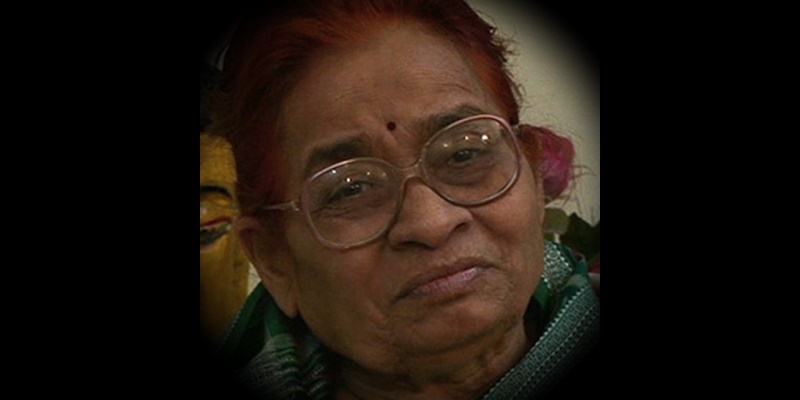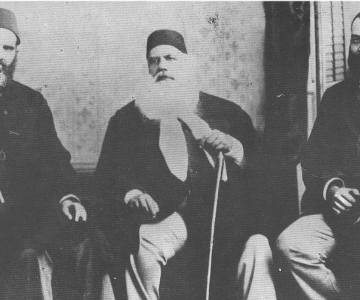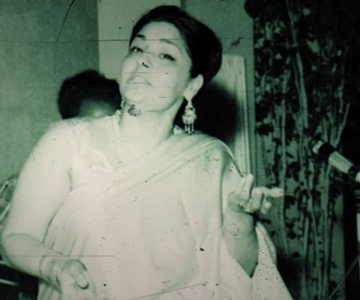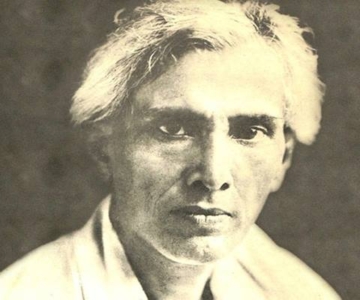Nirmila Deshpande is dead. She will be remembered for her invaluable services for peace in the region. This statement from the Asian Human Rights Commission says it all:
“Nirmila Deshpande, a well known peace crusader of India, died on May 1, 2008, after a long period of illness. She was 79-years-old and left behind so many followers who like her, wanted peace. From her early years she was a Gandhian and an enlightened person whose only aim in life was to work for the cause of humanity. Nirmila was the one by whose efforts the bus service between different cities of India and Pakistan particularly, between the Kashmiri people of both sides, were started. She worked extensively all her life for peace among various religious and linguistic communities in India and to achieve this cause she undertook a 40,000-km padyatra (long march) across India to carry Mahatma Gandhi’s message of Gram Swaraj. She firmly believed that although it was difficult to practice Gandhian principles, it was the only way towards a truly democratic society.
At the time of her death she was Chairperson of the Pakistan India People’s Forum for Peace and Democracy, an organization with chapters all over India and Pakistan that works for peace in the region.
For peace in South Asia, she worked hard, particularly for a people to people dialogue between India and Pakistan and also between different countries of the South Asian Association for Regional Cooperation, (SAARC). She remained closely associated with a very large number of diverse, dedicated and committed social and cultural organizations, a few prominent ones being the Indo-Pak Soldiers Initiative for Peace (I.P.S.I.), Harijan Sevak Sangh (H.S.S.) and Association of Peoples of Asia (A.P.A.). The Peoples Integration Council was one such association that was very dear to her heart which she had personally nurtured to mobilize all sections of the society for national integration and communal harmony and which led a Satyagraha on the Indo-Tibet border. This was done in 1997 along with organising and participating in conferences, seminars and marches for the cause of Tibet and Burma. Akhil Bharat Rachnatmak Samaj (A.B.R.S.) was another one of her very close groups which has thousands of dedicated social activists committed to peace and non-violence, working in all parts of India.
Nirmila Deshpande was known as Didi (elder sister) all over South Asia and other parts of Asia. She was member of the Rajia Sabha (Upper House) and she was elected twice for its membership. She got three honorary doctorate degrees from different universities. Didi was the writer of several books including novels, dramas and travelogues. The books written by her include, her memoirs of the days she spent with Vinoba Bhave (published in four languages- Hindi, Marathi, Telugu and Gujarati). Another book she wrote was about the life and times of Vinoba Bhave (titled Vinoba, again in four languages Marathi, Hindi, English and Gujarati) and one on Gandhi and his ideology named Sewagram te Sewagram in Marathi. In addition she also edited a Hindi fortnightly, Nityanutan and a journal Maitri on service and spirituality.
She was awarded on so many occasions by so many organizations that she had herself lost count of them. A few very prominent ones include the Rajiv Gandhi National Sadbhavana Award and the Padma Vibhushan, India’s second highest citizen’s award.
Didi will be remembered for her time as a peace crusader in a region which is on the verge of self destruction by racing to acquire nuclear arms over the importance of feeding millions of poverty ridden people.”



